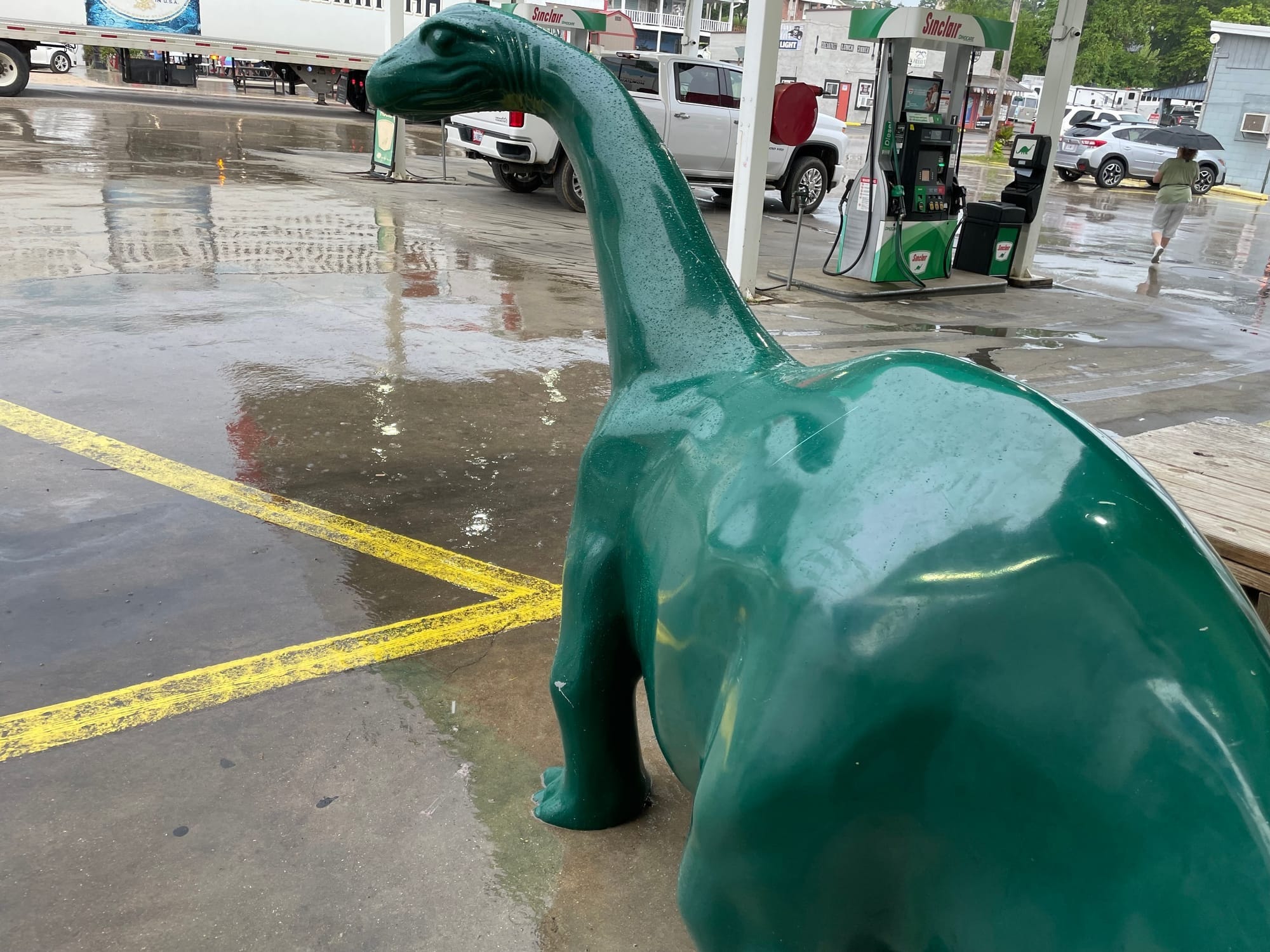The next four years will bring so many kinds of need – with little hope for progress in most of the country – but in the middle of the mass deportations and women dying because of abortion bans and attempts to cut the Supplemental Nutrition Assistance Program and for that matter Social Security and Medicare, spare a thought for diaper need. In 2023, 47% of families said they had struggled to pay for the diapers their kids needed, according to a report from the National Diaper Bank Network, with 70% of those reporting stress about it and 28% saying they had at times skipped meals to pay for diapers. Abortion bans forcing women to have children they aren't ready for aren't making things any better, either.
Over at JSTOR Daily, I've covered a study on how low-income mothers handle diaper need, which highlights how pressing this need is. Sociologist Jennifer Randles interviewed women about the strategies they used to ensure that their children had enough diapers, and why it was so important to them. These mothers would beg, borrow, or steal – literally – to put clean diapers on their kids, in part because of the threats to children's health, like rashes and urinary tract infections, that result from wearing dirty diapers, but also because they knew that if a social worker or health care professional saw their baby in a dirty diaper, it could be used as evidence to remove the child from their custody.
"For diapers, I’m willing to do anything for my kids," one woman told Randles. But that shouldn't be necessary.
Under President Joe Biden, the federal government ran a pilot program to distribute diapers to families in need of them – the first time the federal government ever involved itself in this issue – and in the wake of the Supreme Court's Dobbs decision, some Republican state lawmakers showboated about their care for families with diaper-related measures. But even showboating can have positive effects: A series of states exempted diapers from the sales tax. Tennessee did something much bigger, with a program providing up to 100 diapers per month for kids in the state's Medicaid program. (California already had a diaper assistance program for families in a welfare-to-work program and Washington state has diaper assistance for families on Temporary Assistance for Needy Families.) With need this great, almost any policy response is better than none.
But while charity is never the best answer to need – the best answer to need is government policy – with need this great, it's also worth considering diapers when you consider your own budget for donations, if you have one. Learn more about diaper need and how to help at the National Diaper Bank Network.













Comments
We want Uncharted Blue to be a welcoming and progressive space.
Before commenting, make sure you've read our Community Guidelines.